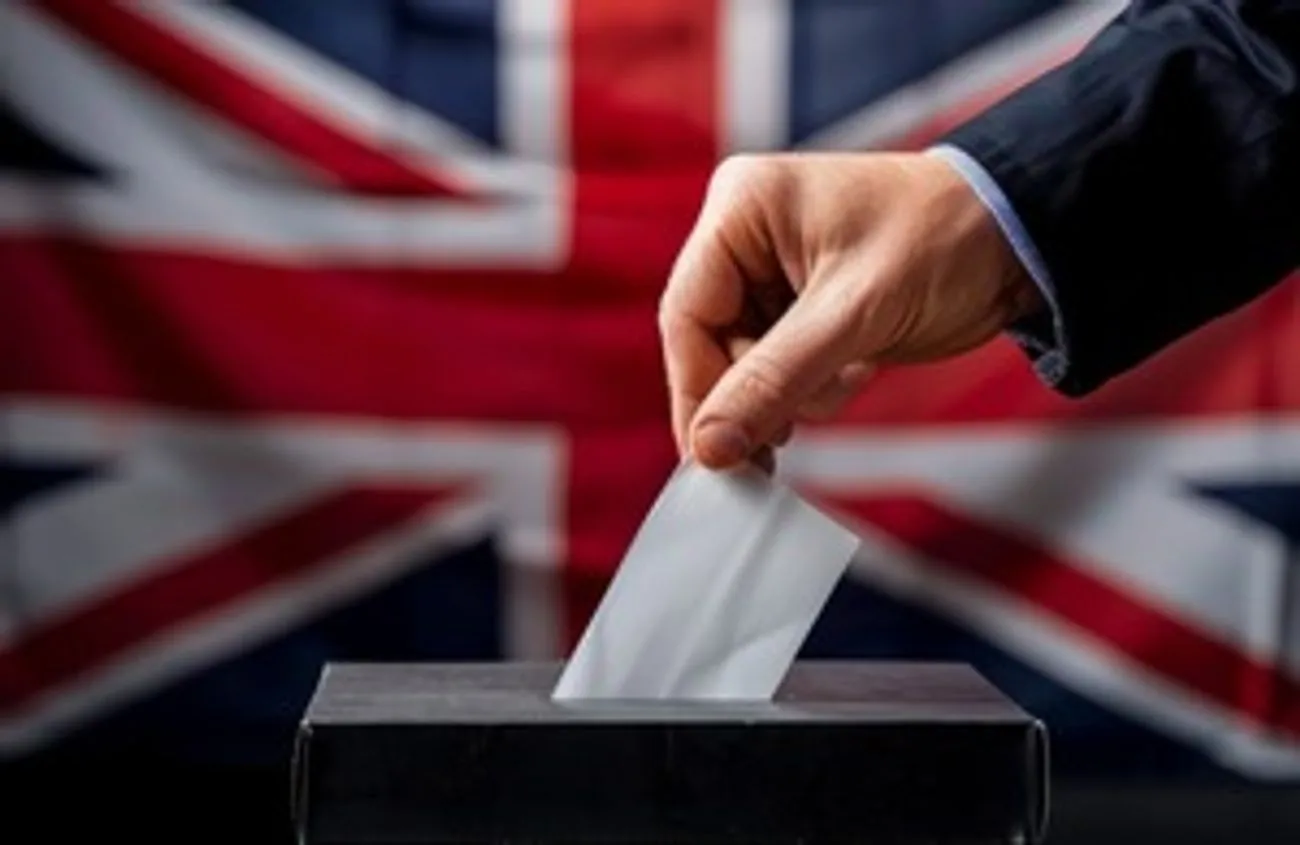In the UK, teenagers aged 16–17 will gain the right to vote in all general elections. This will be the most significant electoral system reform since 1969. This was reported by Sky News, according to UNN.
Details
It is expected that young people will be able to vote in the next general election. Thus, the Labour Party will implement one of its key election promises, outlined in its manifesto in the summer of 2024.
Currently, teenagers already have the right to vote in elections to the Senedd parliaments in Wales and Holyrood in Scotland. The new legislation will extend this right to local, regional, and general elections in all four parts of the United Kingdom.
According to the IPPR analytical center, up to 9.5 million new voters will now gain the right to vote in general elections. According to the latest data, the total number of registered voters in Britain is 48,208,507 people.
The last time the voting age was lowered in the country was in 1969 – then it was reduced from 21 to 18 years.
The British government noted that this change “will strengthen democratic engagement in a changing world and help restore trust in democracy in the UK.”
We are taking steps to remove barriers to participation (in elections. – ed.), ensuring that more people can engage in democracy in the UK, support our Plan for Change, and deliver on our election promise to give 16-year-olds the right to vote
– said Deputy Prime Minister Angela Rayner.
However, according to a YouGov poll of 5,538 adults immediately after the initiative was announced on Thursday, 57% of Britons believe that 16- and 17-year-olds should not be allowed to vote, while a third of residents (32%) support this idea.
Anthony Wells, head of European political and social research at YouGov, noted that, given the “dry statistics,” 16- and 17-year-olds “are unlikely to have a significant impact” on election results, as they constitute only about 2.8% of the population aged 16 and over.
According to him, if their turnout is similar to that of other young people, they will also constitute “a significantly smaller share of the actual electorate.”
Wells also added that this age group usually votes more often for the Labour Party and the Green Party, and less often for the Conservatives.
At the same time, according to him, such sympathies may change if the Labour Party’s rating declines before the next elections.
Britain may limit children’s time on social media09.06.25, 07:58 • 3572 views
